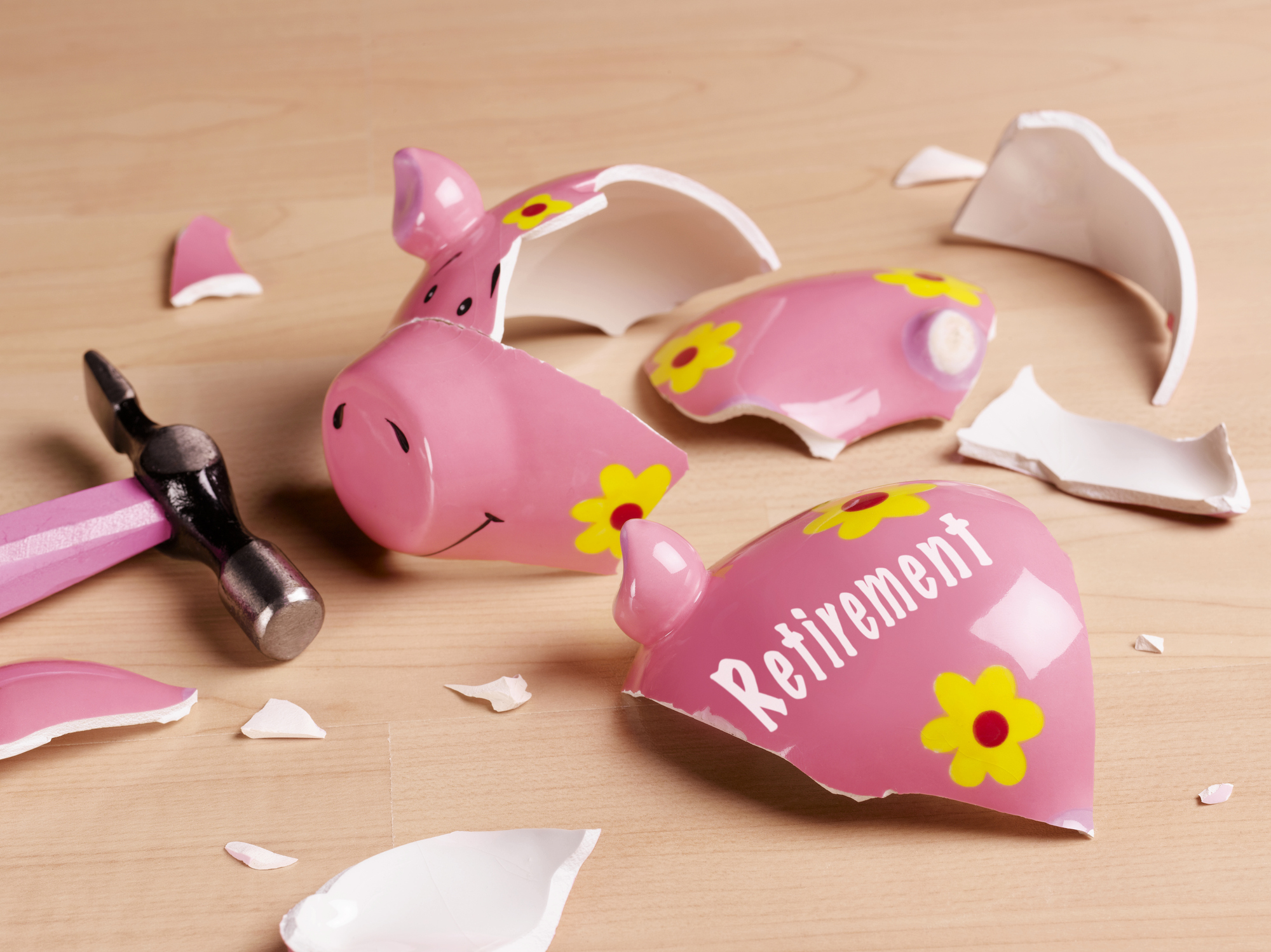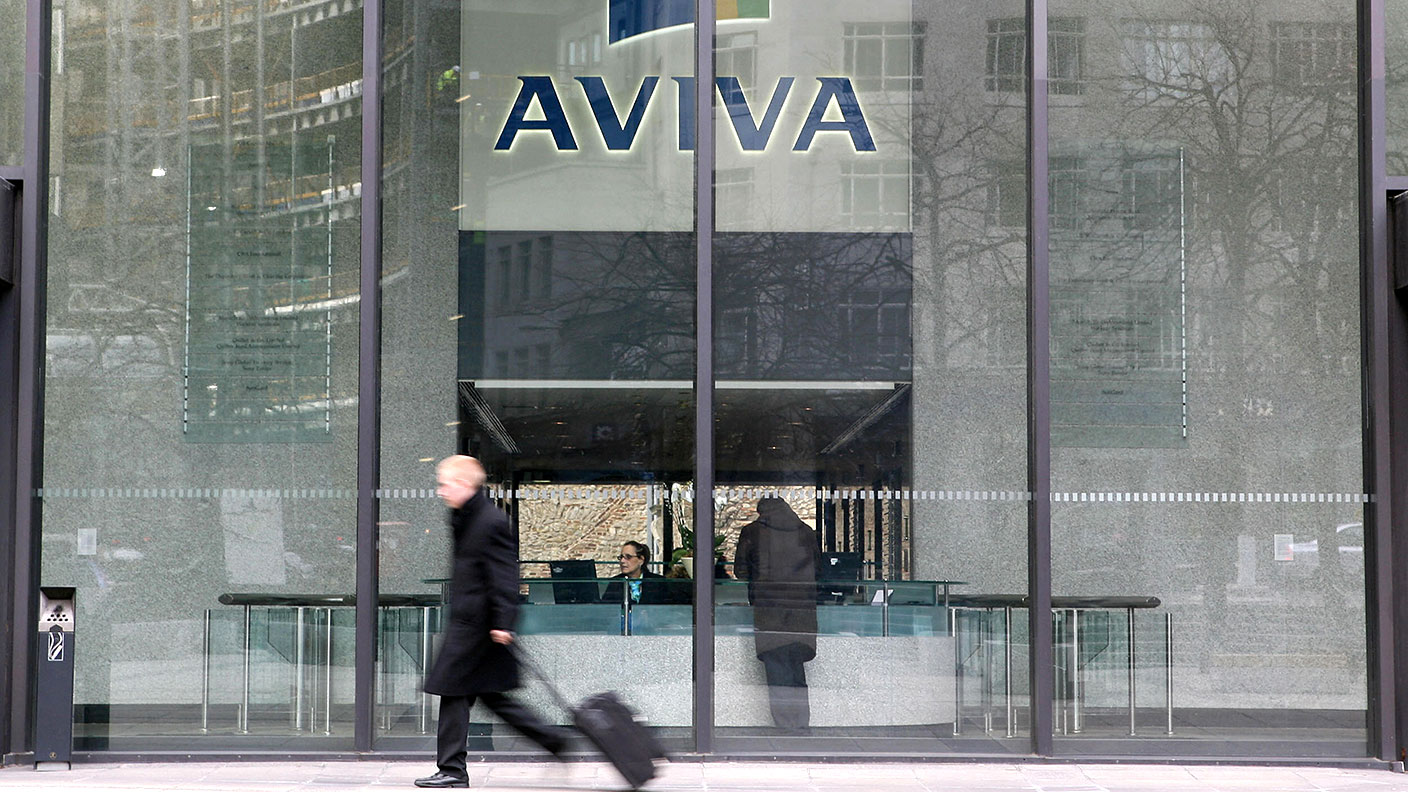Buy-to-letters set up shop
Buy-to-let landlords are turning to commercial property in their search for higher yields and greater stability. Sarah Moore explains.
Get the latest financial news, insights and expert analysis from our award-winning MoneyWeek team, to help you understand what really matters when it comes to your finances.
You are now subscribed
Your newsletter sign-up was successful
Want to add more newsletters?

Twice daily
MoneyWeek
Get the latest financial news, insights and expert analysis from our award-winning MoneyWeek team, to help you understand what really matters when it comes to your finances.

Four times a week
Look After My Bills
Sign up to our free money-saving newsletter, filled with the latest news and expert advice to help you find the best tips and deals for managing your bills. Start saving today!

Buy-to-let landlords are turning to commercial property in their search for higher yields and greater stability, says Alexandra Frean in The Times. The number of residential landlords diversifying into commercial property has tripled in the past three years, according to auction house Allsop, in part due to tax changes that are set to make buy-to-let a lot less lucrative for investors than it once was.
"Where you increase the tax burden in one sector of the market, the money will look very quickly for where it can gain some small advantages," Duncan Moir at Allsop tells Frean. Since most buy-to-let landlords are already familiar with the residential property market, they don't want to get out of housing completely, he adds so they are instead opting for mixed-use properties, such as shops or restaurants, with a flat above them.
There can be several benefits to diversifying into commercial property. First, there's tax: commercial and semi-commercial property is exempt from the additional stamp duty that now applies to the purchase of second homes. The changes to tax relief on interest expenses for buy-to-let landlords that will take effect in April 2017 (see our website: MoneyWeek.com/slashCGT) will also not apply to commercial landlords, even if units haveflats attached.
MoneyWeek
Subscribe to MoneyWeek today and get your first six magazine issues absolutely FREE

Sign up to Money Morning
Don't miss the latest investment and personal finances news, market analysis, plus money-saving tips with our free twice-daily newsletter
Don't miss the latest investment and personal finances news, market analysis, plus money-saving tips with our free twice-daily newsletter
Second, gross rental yields are generally higher in this sector, because of the guaranteed rent increase structures often built into tenancy agreements. Commercial tenants also tend to cover several costs that residential landlords would usually pay for themselves, including insurance and repairs. Finally, commercial leases can produce a more reliable long-term income, as businesses tend to be more willing to sign up to a longer lease than residential tenants.
However, be aware that high-street banks can be "inflexible" when it comes to commercial lending, David Whittaker of mortgage broker Mortgages for Businesses tells Olivia Rudgard inThe Daily Telegraph. Providers are less likely to offer interest-only mortgages, and will often only lend for the period of an existing lease. "It's an illiquid market, so lenders want to see you paying down the capital over the period of the loan." Investors should also keep in mind that rates will usually be higher than with residential loans, and that banks may increase non-fixed rates in response to market fluctuations.
Small firms face soaring business rates
Small retailers and rural businesses face crippling business-rate hikes as a result of changes that come into effect on 1 April 2017. The government has argued that revisions to the rateable value of properties on which business rates are based will cut rates in struggling northern towns. But critics say that headline figures disguise huge increases for mostly rural businesses that tend to occupy larger areas of land, and those in areas where property prices have soared since rates were last revalued in 2008.
Riding schools, livery yards, kennels and other businesses will face some of the steepest increases in England, says Lucy Bannerman in The Times. For example, riding centres will see average increases of 356% in the southeast, and average increases of 180% in the rest of the country, showing that they are being put at an "unfair disadvantage by a bricks-and-mortar tax based on premises, not profitability", says Sarah Phillips of the British Horse Society.
Small, independent retailers in cities claim they will be squeezed out by larger national companies, who occupy similar-sized lots but who are often more profitable. The Department for Communities and Local Government has said that no small business will see an increase of more than 5% this year, and pledged £3.6bn towards relief. But many retailers say this is not enough.
"London is going to be particularly hard hit because property prices have continued to rise," Jeanette Winterson, who owns a delicatessen in London's Spitalfields area, tells The Guardian. She plans to close her business because the rateable value has soared from £21,500 to £54,000. "Those who are already paying high rents simply won't be able to meet this."
Get the latest financial news, insights and expert analysis from our award-winning MoneyWeek team, to help you understand what really matters when it comes to your finances.
Sarah was MoneyWeek's investment editor. She graduated from the University of Southampton with a BA in English and History, before going on to complete a graduate diploma in law at the College of Law in Guildford. She joined MoneyWeek in 2014 and writes on funds, personal finance, pensions and property.
-
 Should you buy an active ETF?
Should you buy an active ETF?ETFs are often mischaracterised as passive products, but they can be a convenient way to add active management to your portfolio
-
 Power up your pension before 5 April – easy ways to save before the tax year end
Power up your pension before 5 April – easy ways to save before the tax year endWith the end of the tax year looming, pension savers currently have a window to review and maximise what’s going into their retirement funds – we look at how
-
 What pension providers don't tell you about your retirement money
What pension providers don't tell you about your retirement moneyCheck the small print from your pension provider or risk losing thousands.
-
 Aviva: One for income investors to tuck away
Aviva: One for income investors to tuck awayTips Insurance giant Aviva is one of the highest yielding stocks in the FTSE 100 – and it’s cheap, too, making it a tempting target for income investors. Rupert Hargreaves delves into the numbers.
-
 Aviva’s jab at preference shares leaves scars
Aviva’s jab at preference shares leaves scarsFeatures A backlash has forced Aviva to think again about scrapping its preference shares – but the damage is done, says John Stepek.
-
 Aviva has had a rethink on preference shares, but what now?
Aviva has had a rethink on preference shares, but what now?Features Aviva’s abandoned proposal to cancel £450m of preference shares has left a lot of people out of pocket. This isn’t over, says Merryn Somerset Webb. Not by a long chalk.
-
Company in the news: Aviva
Features Aviva has made a play for life insurer Friends Life. Phil Oakley explains what investors should do next.
-
Aviva agrees Friends Life deal
Features Aviva, Britain’s second-biggest insurer, has reached a preliminary deal to buy smaller rival Friends Life.
-
 How to invest in a stocks and shares Isa
How to invest in a stocks and shares IsaVideos Ed Bowsher runs through the nuts and bolts of opening a stocks and shares Isa, and gives you some investment ideas to consider.